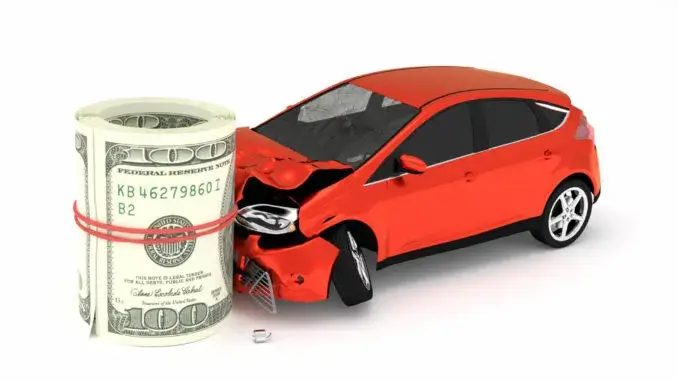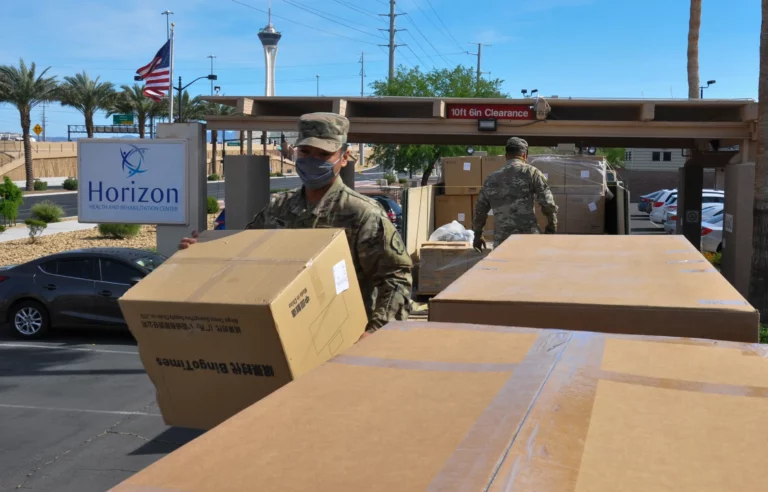Insurance Policies Do insurance companies go after uninsured drivers?
Driving without insurance is illegal in most states, but that does not stop millions of motorists from hitting the road without adequate coverage. According to the Insurance Research Council, 12.6% of drivers were uninsured in 2019. This poses a serious problem for law-abiding drivers who may end up paying for the damages and injuries caused by uninsured drivers. But do insurance companies go after uninsured drivers to recover their losses? The answer depends on several factors, such as the state laws, the type of insurance policy, and the extent of the damages. In this article, we will explain how insurance companies handle claims involving uninsured drivers, and what you can do to protect yourself from the financial consequences of such accidents.
Do insurance companies go after uninsured drivers?
Insurance companies handle claims involving uninsured drivers differently depending on the state laws and the type of insurance policy the insured driver has. Here are some possible scenarios:
- If the insured driver has uninsured/underinsured motorist (UM) coverage, they can file a claim with their own insurance company to pay for their medical expenses and car damage caused by the uninsured driver. The insurance company may then try to recover the money from the uninsured driver through a process called subrogation.
- If the insured driver has personal injury protection (PIP) or medical payment (MedPay) coverage, they can also file a claim with their own insurance company to pay for their medical expenses regardless of fault. However, these coverages do not pay for car damage, so the insured driver may have to sue the uninsured driver to recover the repair costs.
- If the insured driver has collision and comprehensive coverage, they can file a claim with their own insurance company to pay for their car damage regardless of fault. However, they may have to pay a deductible, which is the amount they have to pay out of pocket before the insurance company pays the rest. The insurance company may also try to recover the money from the uninsured driver through subrogation.
- If the insured driver only has liability coverage, which is the minimum required by most states, they may not be able to file a claim with their own insurance company to pay for their medical expenses or car damage. They may have to sue the uninsured driver to recover their losses, which can be time-consuming and costly.
uninsured drivers statistics
One of the best ways to protect yourself from the financial consequences of accidents involving uninsured or underinsured drivers is to buy uninsured/underinsured motorist (UM) coverage. This type of car insurance pays for your medical expenses and car damage if you are hit by a driver who has no insurance or not enough insurance to cover your losses. UM coverage is required in some states, but optional in others. You can check your state’s requirements and compare auto insurance rates to find the best policy for your needs.
Another way to protect yourself is to have adequate health insurance and disability insurance. Health insurance can cover your medical bills if you are injured in an accident, regardless of who was at fault. Disability insurance can replace a portion of your income if you are unable to work due to an injury. You can learn more about the different types of insurance policies and how they work to choose the best coverage for your situation.
Finally, you can protect yourself by being a safe and responsible driver. Follow the traffic rules, wear your seat belt, avoid distractions, and drive defensively. This can reduce your chances of getting into an accident or being at fault for one. You can also take advantage of discounts and rewards offered by some insurance companies for safe driving habits. For example, some insurers offer a discount if you install a telematics device in your car that tracks your driving behavior. You can also earn cash back or other benefits if you join a safe driving program. These can help you save money and stay safe on the road.
Conclusion
Driving without insurance is illegal and irresponsible, but it is also a reality for millions of drivers in the U.S. If you are involved in an accident with an uninsured or underinsured driver, you might be confused about the question, do insurance companies go after uninsured drivers? Firstly, It is important to protect yourself with adequate insurance coverage, such as uninsured/underinsured motorist coverage, personal injury protection, and collision and comprehensive coverage.
These types of insurance can help you pay for your medical expenses and car damage, regardless of who was at fault. You should also be aware of the state laws and the insurance company policies regarding claims involving uninsured drivers, and consult a lawyer if necessary. By being prepared and informed, you can minimize the impact of an accident with an uninsured driver and recover your losses.







